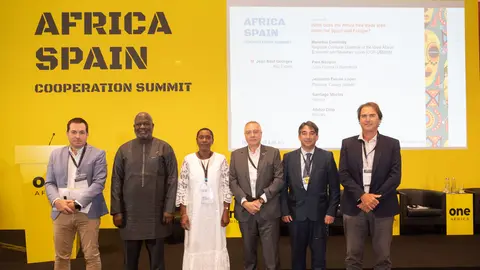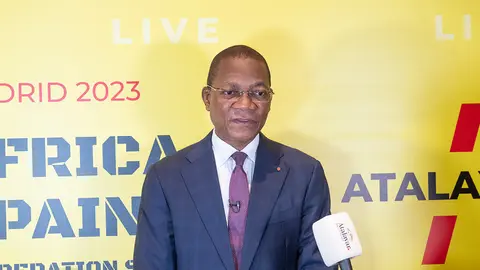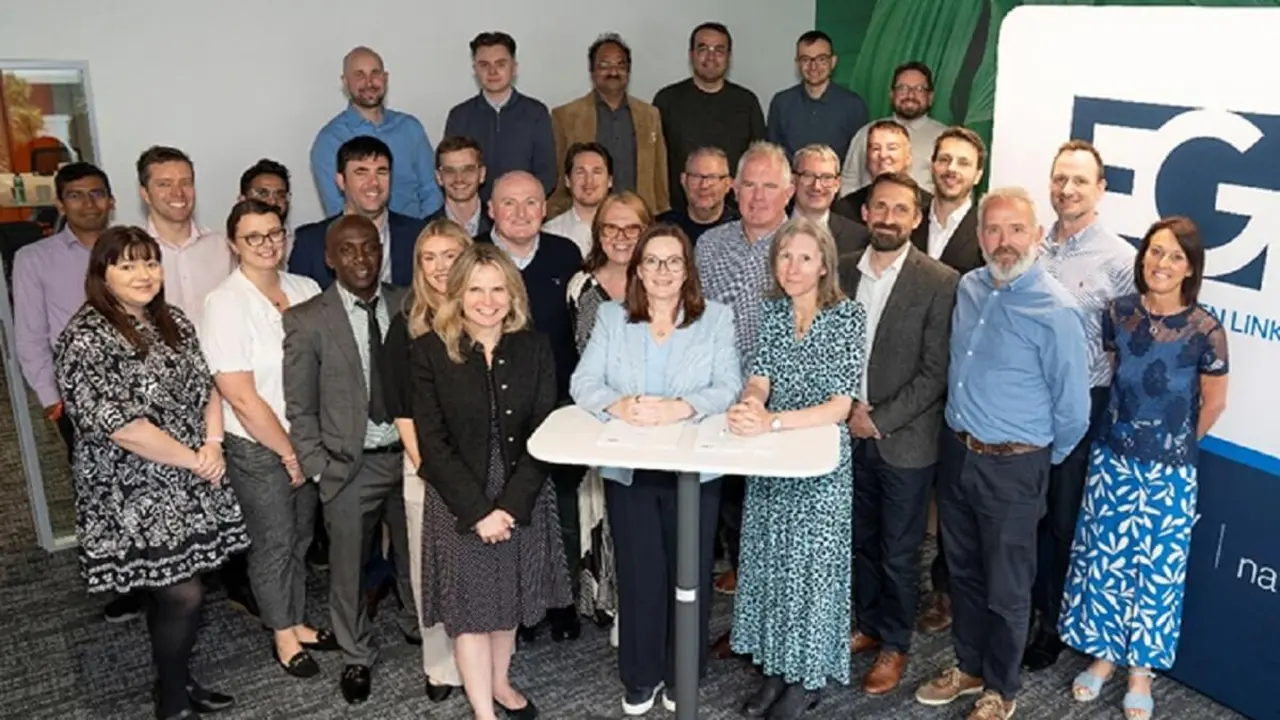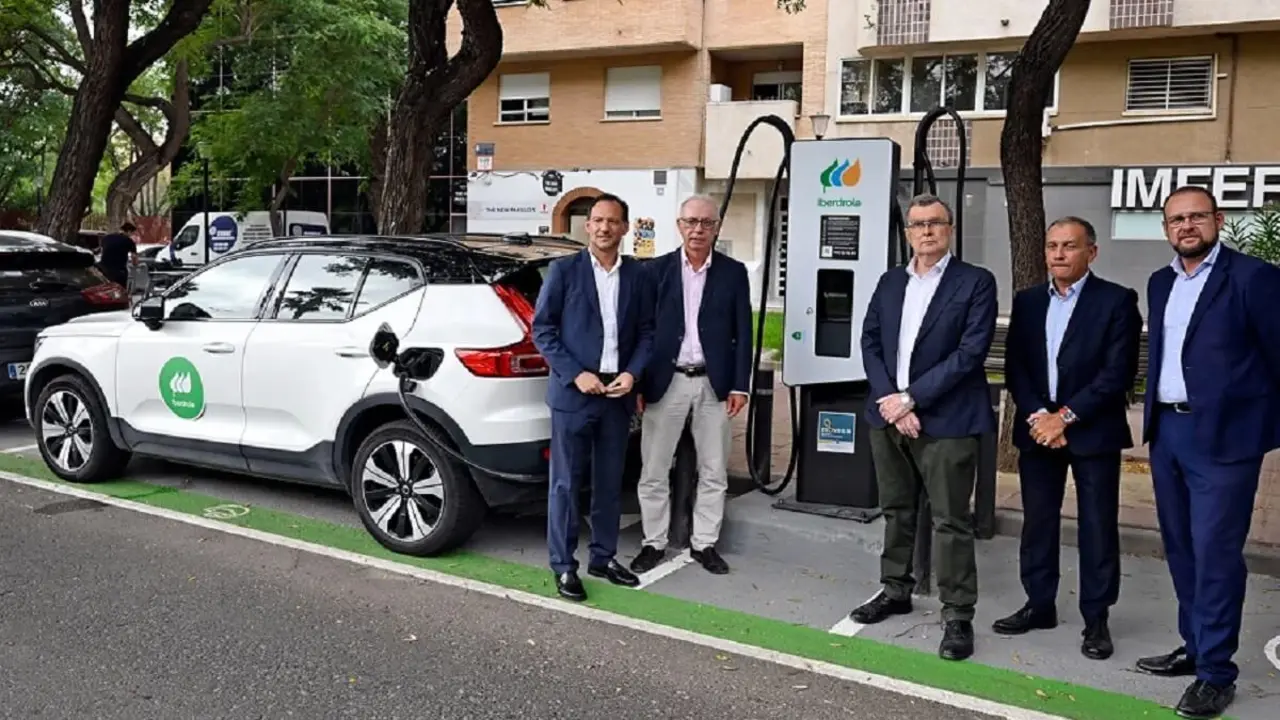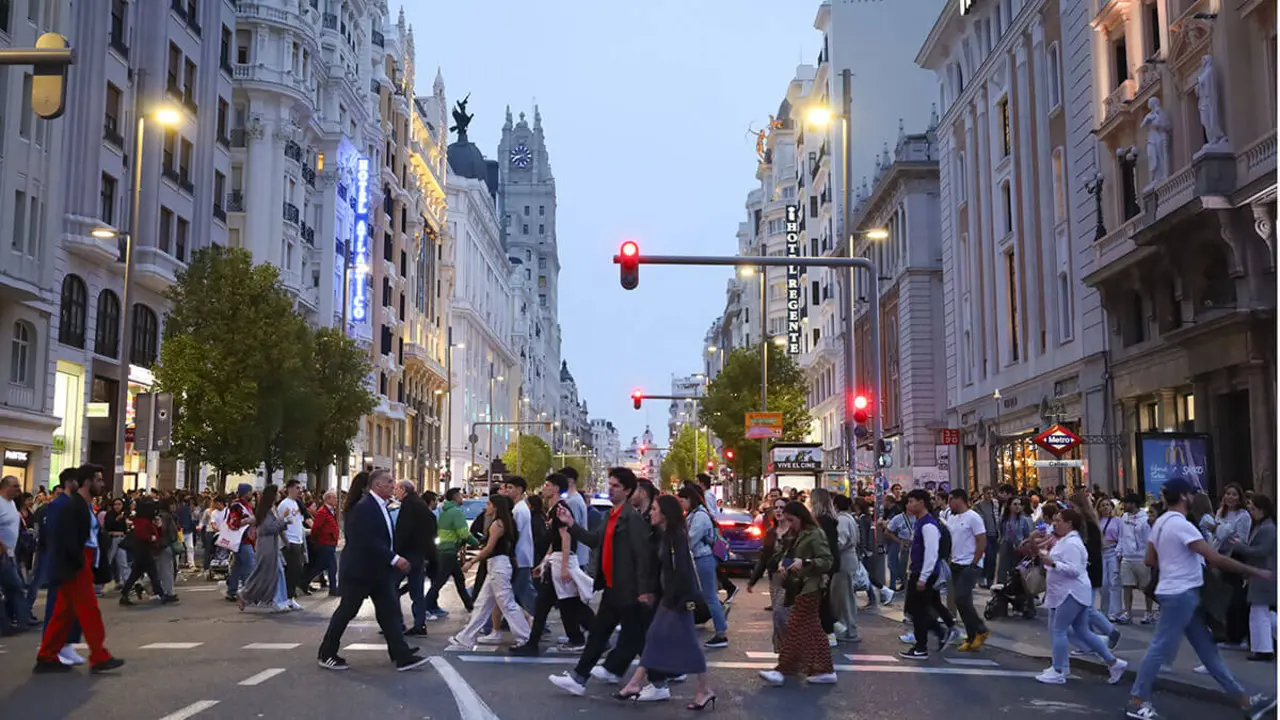Africa is a necessity for Europe

Madrid hosted the Africa-Spain Cooperation Summit, which highlighted the great investment potential that Africa offers for Europe and Spain.
In this line, Atalayar spoke with Rosa Cañadas, president of the Tanja Foundation, to analyse the opportunities that the African continent, specifically Morocco, offers for Europe and also specifically for Spain.
Rosa, what can we expect from this type of conference, the Africa-Spain Cooperation Summit, and what is its main objective from your point of view?
Well, I hope that what this will allow us to do is to make all the opportunities that exist in Africa a little better known and, above all, to remove this great fear that businessmen have of investing in Africa, which is a little absurd because Africa currently has the same situation that South America had in the 80s and 90s, when Spanish companies began to invest en masse. And, despite the fact that there was risk, obviously, what they found were opportunities. And we can see this in the evolution of investment in Latin America. I hope that this is what all these meetings will allow us to do, to give another vision of what Africa really is, because our vision is very biased.

We need to update communication, we have a commitment, an obligation, to tell what Africa really is right now.
Exactly, but I also believe that there is an obligation on the part of the country I know best, Morocco, of Moroccan businessmen, to come and do more interviews and explain what is happening, because what is happening is really an incredible evolution. That is to say, a transformation of the country, a modernisation, and that image does not reach us, that image does not reach us. The image that reaches us is always a very negative one, the perceptions are always of immigration, of poverty, and that is not the reality of the country. It may be a small part of what is happening in the country.
Above all, because in Africa there are 54 countries and we cannot lump them all together, just as in Europe, Germans, Italians, French or Spaniards, we are not the same, so each country would have to be differentiated.
Exactly, and in Africa even more so, because I think there are different areas, the area we know most about because of its proximity is the southern Mediterranean, but, obviously, as you say, there are 54 countries that have absolutely nothing to do with each other and with very different situations. Therefore, this is obviously going to take us more time, because we have to get to know them little by little, but I believe that what we have to do is to make these countries more present in our daily lives.
There are countries and areas that are modernising and progressing. An example of this is Tangier. What is the work of the Tanja Foundation?
The Foundation, which is actually a think tank, tries to create complicity between the civil society of the two countries, through very high-level meetings, where we get to know businessmen from neighbouring sectors or from the same sectors, so that there can be a complicity that allows us to further commercial relations. This is one of the Foundation's objectives. I was born in Morocco, I was born in Tangiers, I am Spanish, I know both countries very well, and the reality that I have experienced, the reality that I experience when I go there, has nothing to do with what appears here in the press. Therefore, I think this is something we have to change.
In Atalayar we are in this line of making our neighbours known, who are a strategic partner. Together we can do many more things than not always being angry.
Well, there is a very passionate component in relations between Spain and Morocco, and you know that neighbourly relations are never easy, there are always frictions, but I think it is clear that we need each other, and therefore we have to go together, we have to go hand in hand, and we have to cooperate more and more.
Moreover, because there are risks there, for example, terrorist groups in the Sahel, Russian mercenary units too, acting in a somewhat "sui generis" way, to say the least. Stability in North Africa is important, including Algeria, which should be encouraged to take King Mohammed VI's outstretched hand in order to restore relations. This stability is also fundamental for Spain and for Europe.
It is clear, and I think we have seen this with the manoeuvre of the United States, right? Which African country has it chosen? Morocco. Why? Because they think it is a country that has been very stable in recent years, and that has very good penetration and relations with all the African countries, and therefore can help them to focus a little on what is happening, the security issue, the cooperation issue?
Mr Feijóo's statements were made, saying that, if he wins the elections, the first country he will visit abroad will be Morocco. I believe that this provides a very important continuity in the relationship between the two countries.
Well, this is a state issue, it is no longer a government issue, nor of whatever colour it may be, it is a state issue, I believe. Therefore, I think it is right for Mr Feijóo to say this.
Any conclusions on the Africa-Spain Cooperation Summit?
What I would say is that it has worked and that it is indeed positive. I hope that the opportunities that exist will begin to be known, because, as I always say, Africa is a necessity for Europe, and therefore we must begin to realise this.


